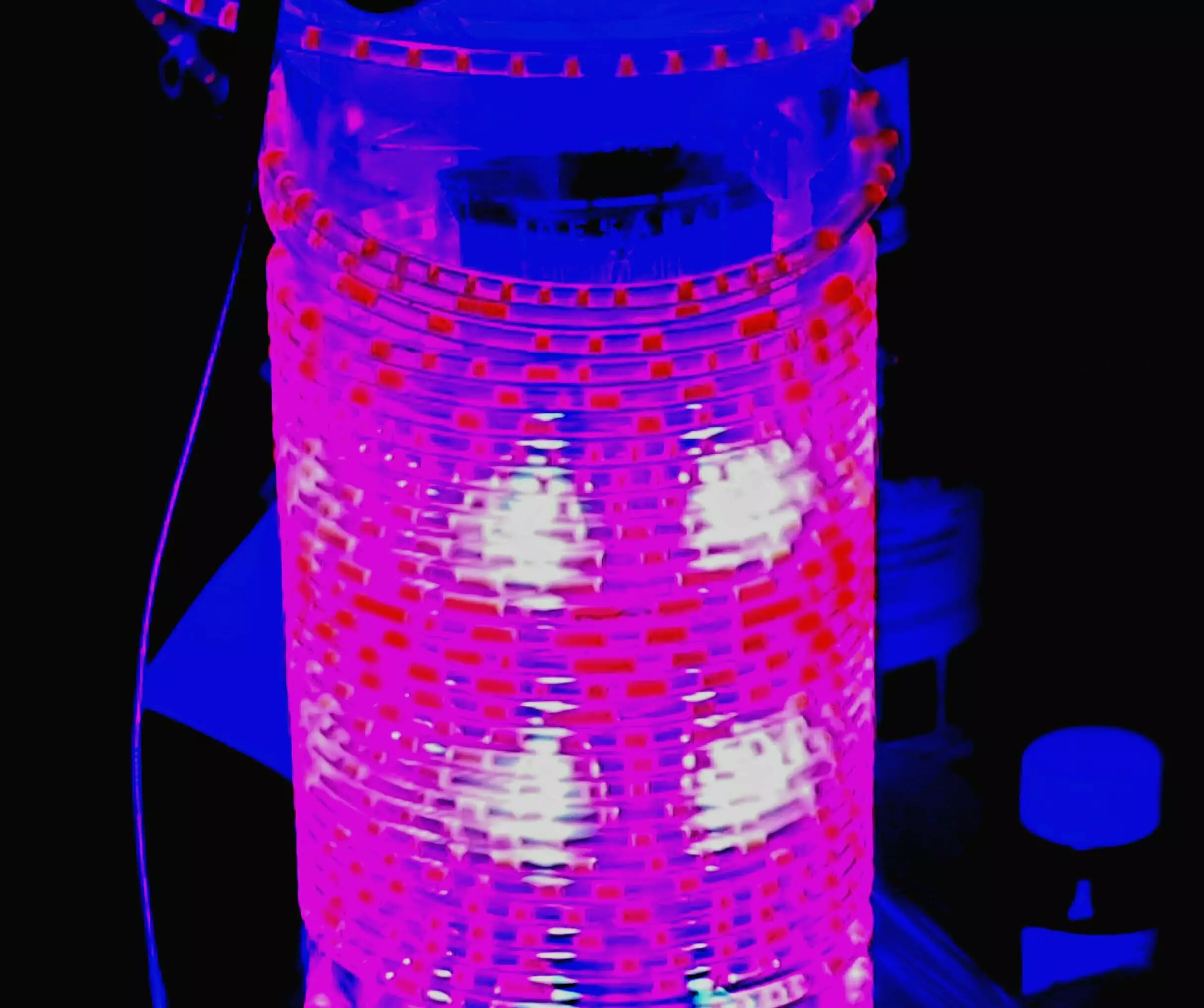Chemical synthesis has long been an essential process for creating complex molecules used in various industries. Traditional methods often involve the use of organic solvents, metal catalysts, and reagents that can result in waste and environmental harm. However, researchers from the University of Regensburg have pioneered a groundbreaking approach to chemical synthesis that eliminates the need for these harmful additives.
In a recent study led by Prof. Dr. Burkhard König, molecules to be reacted are applied to a water surface, forming a thin film. This film allows for ideal conditions for activation by violet light, triggering a reaction that links the molecules together. This innovative methodology harnesses the unique properties of water-insoluble organic molecules on the water surface, providing a more sustainable and environmentally friendly approach to chemical synthesis.
The implications of this new technology are vast, with over 160 successful examples showcasing its versatility. From the synthesis of drug precursors to high-performance materials, the possibilities are endless. By eliminating the need for organic solvents and other additives, this approach not only streamlines the production process but also reduces waste and environmental impact. The results of this study have been published in the prestigious journal Science, marking a significant advancement in the field of chemical synthesis.
The project, which has been in development for two years, has already demonstrated promising results. The transfer of the reaction to a flow reactor allows for continuous synthesis and larger product yields, paving the way for scalability. Spectroscopic measurements have provided valuable insights into the molecular mechanism of the reaction, guiding further advancements. Moving forward, the research team aims to expand the application of this synthesis technology to a wider range of reactions, revolutionizing the production of chemical products.
The innovative approach to chemical synthesis presented by the University of Regensburg research team represents a pivotal moment in the field. By harnessing the power of light on a water surface, this method offers a sustainable and efficient alternative to traditional synthesis methods. As the technology continues to evolve, the potential for new discoveries and applications in chemical production is limitless.


Leave a Reply